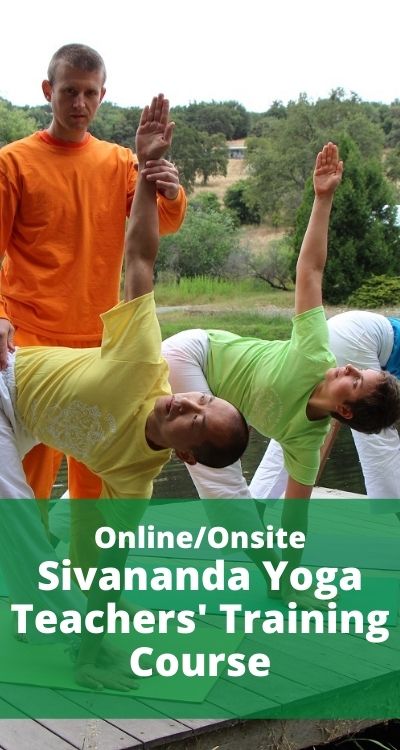Yoga Psychology is different then normal psychology. It is the understanding of the mind in order to see through the mind and realize the Self. Yoga Psychology and philosophy is based on the idea that the restless mind is an obstacle to happiness, and we need to learn to work with it. The mind is like a lake with waves. It is tossing about, unruly and mysterious. It has its own ways and habits and is resistant to change. So what to do when you find your mind dull and down?
1. Bring more prana to the mind: The mind is dull because the prana is down, you do not have enough vital energy either because you have spent all your reserve supply of energy, or because there are blockages of the energy flow due to impurities or negativities. To bring prana to the mind, you need to relax, let go of the anxieties or the resentments, and offer them up to the Lord . Be aware that when the mind is lacking prana, you might reach out for instant relief and make wrong choices, thus bringing the mind further down instead of recharging it. Inner-oriented Yoga exercise practice and breathing exercises are excellent methods to supply the mind with prana and bring you out of dullness.
2. Connect or associate with positive people and those who have firm faith and clarity of purpose. You will feel much enthusiasm from them, and your doubts and anxieties will be automatically dispelled.
3. Concentrate your mind by doing something that the mind likes. According to Swami Sivananda, an idle mind is the devil’s workshop. When you feel dull and down, you normally do not want to do anything. You like to complain, to feel victimized by the imagined situation you find yourself in, and begin to blame someone else for your feeling of unhappinness. Yoga Pschychology teaches you instead to resist complaining and blaming and endeavour to increase the vibratory wavelength of the thoughts. By focussing on a positive and neutral thought, possibly a thought that the mind likes, such as a mantra, a favorite chant, an image of a beloved saint or sage, a representation of the divine…etc., you can uplift the mind. You can also simply keep the mind engaged in a normal task like writing on your computer, reading your book, cleaning the house, ironing your clothing….Any activity will work on the condition that it keeps the mind completely engaged. When the mind is engaged, it will calm itself down and will increase power and light. The key here is CONCENTRATE, CONCENTRATE, CONCENTRATE.
4. Be patient and steadily build your focus: The mind has the tendency to get tired quickly and want to change, no matter what you are doing. The concentration usually is not that deep, and you easily get back to your state of agitation, restlessness and lack of enthusiasm and joy. The idea is you would have to work on the strenght of the mind slowly, building up its power of concentration like a body-builder slowly builds the muscles of the body–through repeating the same exercise but gradually increasing the weight. You will have to be patient and consistent in your efforts to concentrate the mind. Know that a dull mind is often followed by a restless mind, but none of these states of mind will give you the happinness you are looking for.
5. Keep it engaged: Keep the mind focussed all the time throughout the day. This is the best way to live in the now and to feel free. The mind will gain momentum and will give you satisfaction and contentment, no matter what you are doing. Actually it is not so much what you are doing that is important, but it is the fact that you are engaged and focused that counts. A gathered mind gives you peace of mind, as it is less desirous and imaginative, and has less energy to project illusions of external happinness. The best way to keep the mind engaged all the time is to mentally repeat a sacred sound – a mantra-along with your breath.
There are also other higher states of mind, such as the one-pointed state of mind of the high performance athlete or the absorbed state of mind of an advanced meditator. These are level of consciousness that are rare, but they are accessible through continued practice. For now, just make sure to keep your mind above sea level; this means avoiding letting it drop down into a state of dullness and low vitality. Just like you would for the body, keep exercising your concentration and keep your mind fit!
© Swami Sitaramananda 2014 No part of this article may be reproduced in any form without the written permission of the author.





I totally agree with the passage. I’m excited to follow the suggestions to keep a gathered mind and follow the 5 practices. This is something I can resonate with..
Namaste 🙏🏼
Om namah sivaya,
Thanks for stopping by and reading our article.
Blessings on you journey!
om shanti
Thank you. I plan to share this with others